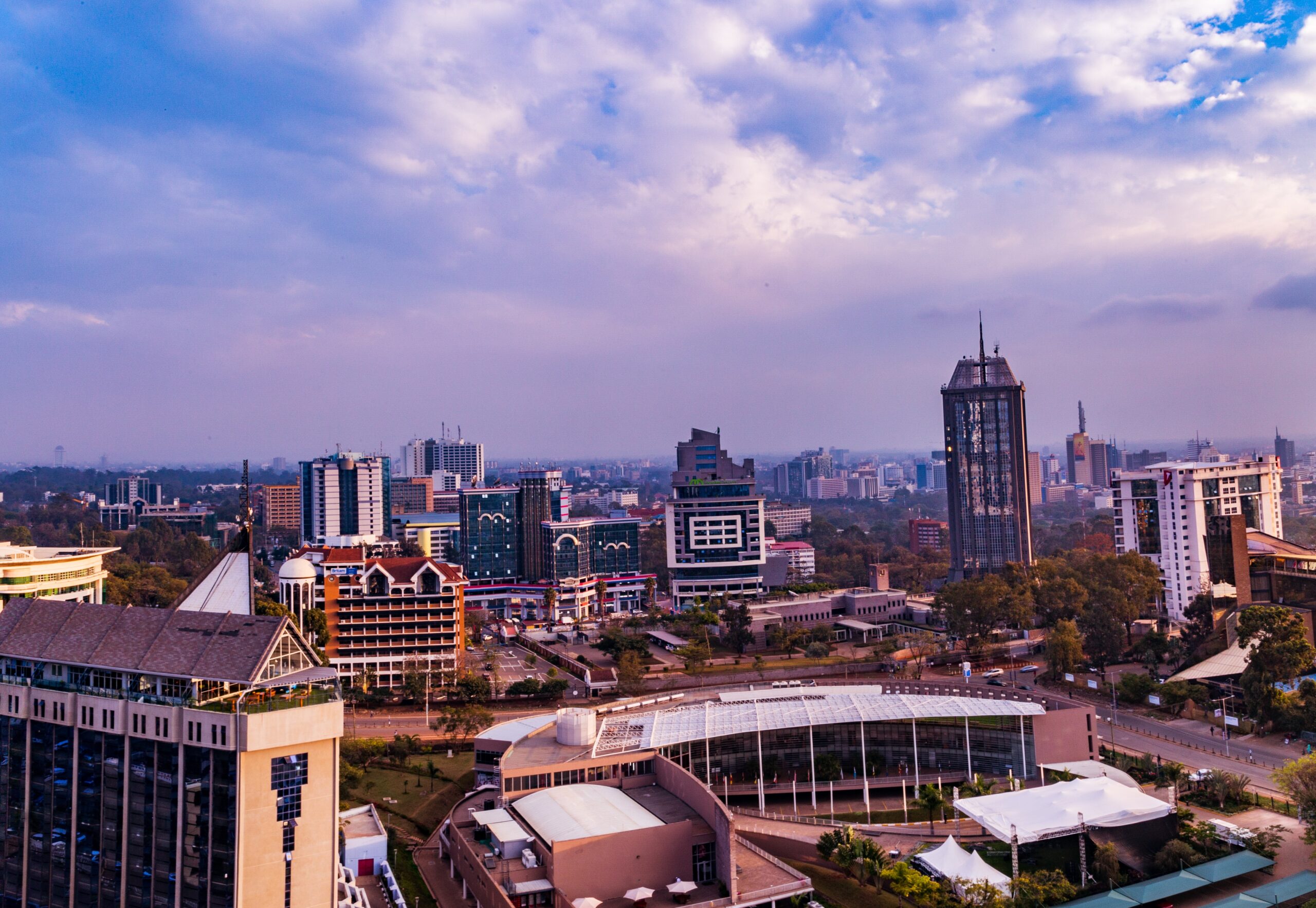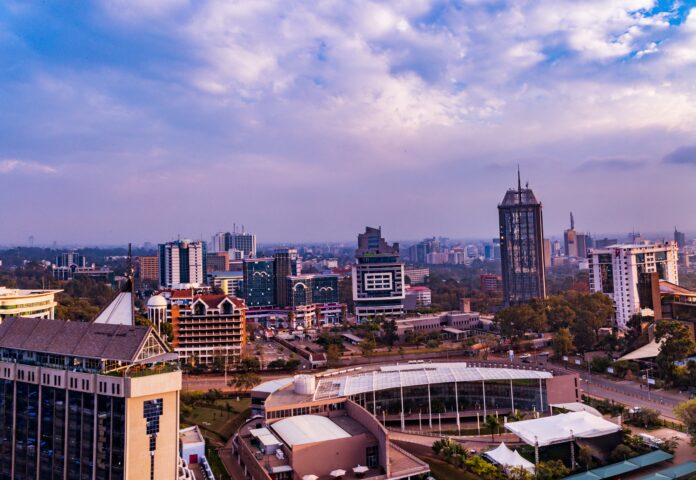By Clifford Akumu
Nairobi, Kenya: Rapidly expanding poorly planned and designed cities are hurting the fight against climate change, experts have warned amid sustained rural-urban migration.
Urban areas have become a magnet for millions of people worldwide in search of economic and social opportunities as well as those displaced by harsh climatic conditions such as drought and floods in rural areas.
Estimates have it that by 2050 some 7 in 10 people will live in urban settings—signifying the magnitude of population pressure on cities and towns. An estimated 90 percent of urbanization over the next few decades will happen in cities alone.
The grand migration to urban settings is however causing a major concern among experts because it stands to fuel emissions that would worsen climate change.

“Cities are home to the majority of humanity, the majority of global energy consumption, and the majority of carbon emissions. At the same time, cities are on the frontlines of the climate crisis,” said Seble Samuel, co-founder of the Ethiopian urban sustainability non-profit Lem Ketema.
Experts say unplanned growth of cities due to the massive rural-urban migration leads to the proliferation of slums, congestion, pollution, greenhouse gases, lack of affordable housing, poor access to sanitation and waste management, and vulnerability to natural hazards, which are exacerbated by climate change.
City planners are therefore urged to mitigate the looming climate change effects through properly planned and designed cities that are resilient to extreme weather conditions.
Cities are required to transition to low-carbon sustainable economies through aspects such as mass rapid transport systems, eco-friendly housing, green spaces, and proper waste management.
In Africa where most cities are still in developmental stages, there is a perfect opportunity to build resilient cities through well-planned and designed master plans to accommodate the rapidly expanding rural-to-urban migrant populations.
“As fossil fuels set the world on fire, the African continent and African cities — home to the highest renewable energy potential on earth, have the opportunity to become leaders in the just energy transition to clean energy for all,” she said.
Housing settlements can be designed upfront to limit slums that are synonymous with crowding and non-hygienic living conditions. The cities can also be designed to provide eco-friendly mass transport systems that curb congestion and pollution due to heavy emissions by multiple individually owned vehicles.
The cities can also be planned to accommodate green spaces that help replenish the ecosystem through tree planting.
These require a commitment to climate action plans both in terms of planning and financing as well as implementation.
“Cities can be laboratories for social and ecological progress, but this cannot happen on its own. Africa is reeling from a climate emergency that we did not cause, and for progress to be possible, international cooperation and climate reparations are essential,” added Ms. Samuel.
Building sustainable communities in cities not only offers climate solutions but also eliminates poverty and boosts shared prosperity














